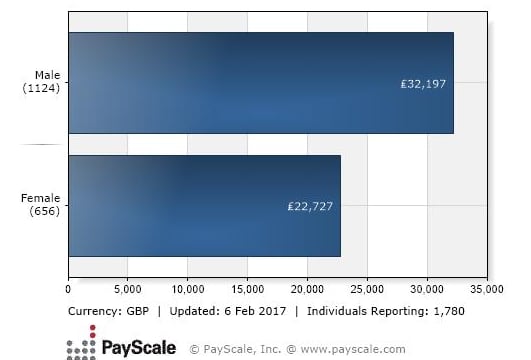The comments came as a gender pay gap reporting guide was released by the Advisory, Conciliation and Arbitration Service (ACAS), which aimed to make reporting the pay gap between men and women more transparent.
EEF senior employment and skills policy adviser Verity O’Keefe said the new guidelines – now in draft form – would show that the manufacturing sector had a higher than average pay gap between men and women.
“However, this is not due to a lack of support for women in our sector, far from it,” she said. “Manufacturers offer enhanced and competitive maternity pay and schemes, flexible working and structured career and training paths.
‘Problem is at the grassroots’
“Instead, the problem is at the grassroots. Just a handful of engineering apprentices and graduates are female and far too few young girls are studying those all-important STEM subjects.”
O’Keefe warned that if nothing was done to promote manufacturing jobs to women, the pay gap would be unlikely to close.
Women in manufacturing jobs earn £22,727 a year, 29% less than men (£32,197), according to a survey by salary analyst Payscale. See the graph below.
However, 1,124 of the respondents to the survey were male, compared with 656 who were female – a difference of 58%.
Difference of 58%
New gender pay gap regulations – likely to be implemented in April – will require employers to publish overall gender pay gap figures calculated by both the mean and the median.
Employers with 250 or more relevant employees will fall within scope of the regulations. A relevant employee means someone who ordinarily works in Great Britain and whose contract is governed by UK legislation.
Meanwhile, the food and drink manufacturing sector needs to recruit more women, said the Food and Drink Federation (FDF) in November, after a government-backed review recommended the appointment of more women bosses in British businesses.
An FDF spokesman told FoodManufacture.co.uk: “There is a clear need to bring more women into food and drink, and our members are committed to ensuring diversity in the boardroom.”


